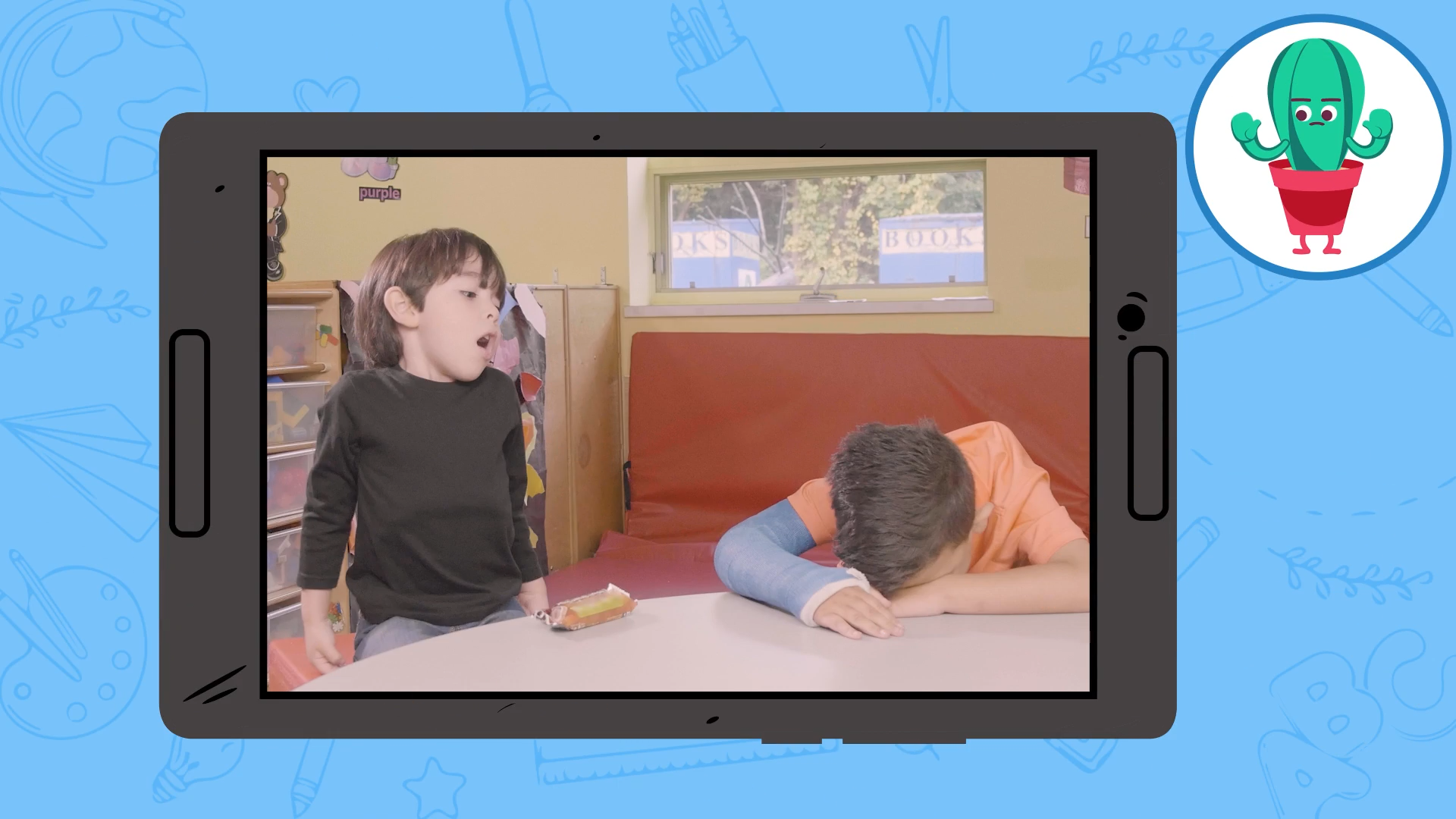
Introduction
As educators working with students in Special Education, it’s essential to teach them how to manage their emotions, especially when they’re upset. In this blog post, we’ll present a no-prep activity that encourages students to practice calming techniques when they feel overwhelmed or distressed. We’ll also provide discussion questions and related skills to enhance the learning experience.
No-Prep Activity
In this activity, students will practice identifying and using calming strategies when they’re upset. Start by introducing the concept of feeling calm and in control of our minds and bodies. Explain that there are various strategies they can use to help them feel calm, such as taking deep breaths, counting to ten, picturing something happy, or asking for a break.
Next, read the following scenario to the students:
Miguel and Warren are eating their snacks. Everything is fine until Miguel drops his snack on the floor. Miguel gets upset and yells, “My snack is ruined!”
Ask the students if Miguel used a calm-down strategy when he started to feel upset. Encourage them to give a thumbs up if he did or a thumbs down if he can try again. Explain that Miguel did not use a calm-down strategy and discuss how Warren might have felt scared by Miguel’s reaction.
Now, have the students role-play the scenario, taking turns as Miguel and Warren. Encourage them to practice using a calm-down strategy when they pretend to be upset. Discuss how using these strategies can help them feel better and improve their interactions with others.
Discussion Questions
- Why is it important to use calming strategies when we’re upset?
- How do our reactions to being upset affect the people around us?
- Can you think of a time when you were upset and used a calming strategy? How did it help you?
- What other calming strategies might be useful for different situations?
- How can we support our friends when they’re upset and need help calming down?
Related Skills
Besides learning how to manage emotions when they’re upset, students in Special Education can benefit from developing other related skills, such as:
- Empathy: Understanding and sharing the feelings of others.
- Active Listening: Paying close attention to what someone is saying and responding thoughtfully.
- Problem Solving: Identifying and resolving issues in a constructive manner.
- Resilience: Bouncing back from setbacks and maintaining a positive outlook.
- Assertiveness: Expressing oneself openly and respectfully without aggression.
Next Steps
Teaching students how to cope when they’re upset is an essential part of their social-emotional development. To access free samples of activities like this one and others, sign up at Everyday Speech. By incorporating these activities into your lessons, you can empower your students with the skills they need to navigate their emotions and build healthy relationships.

